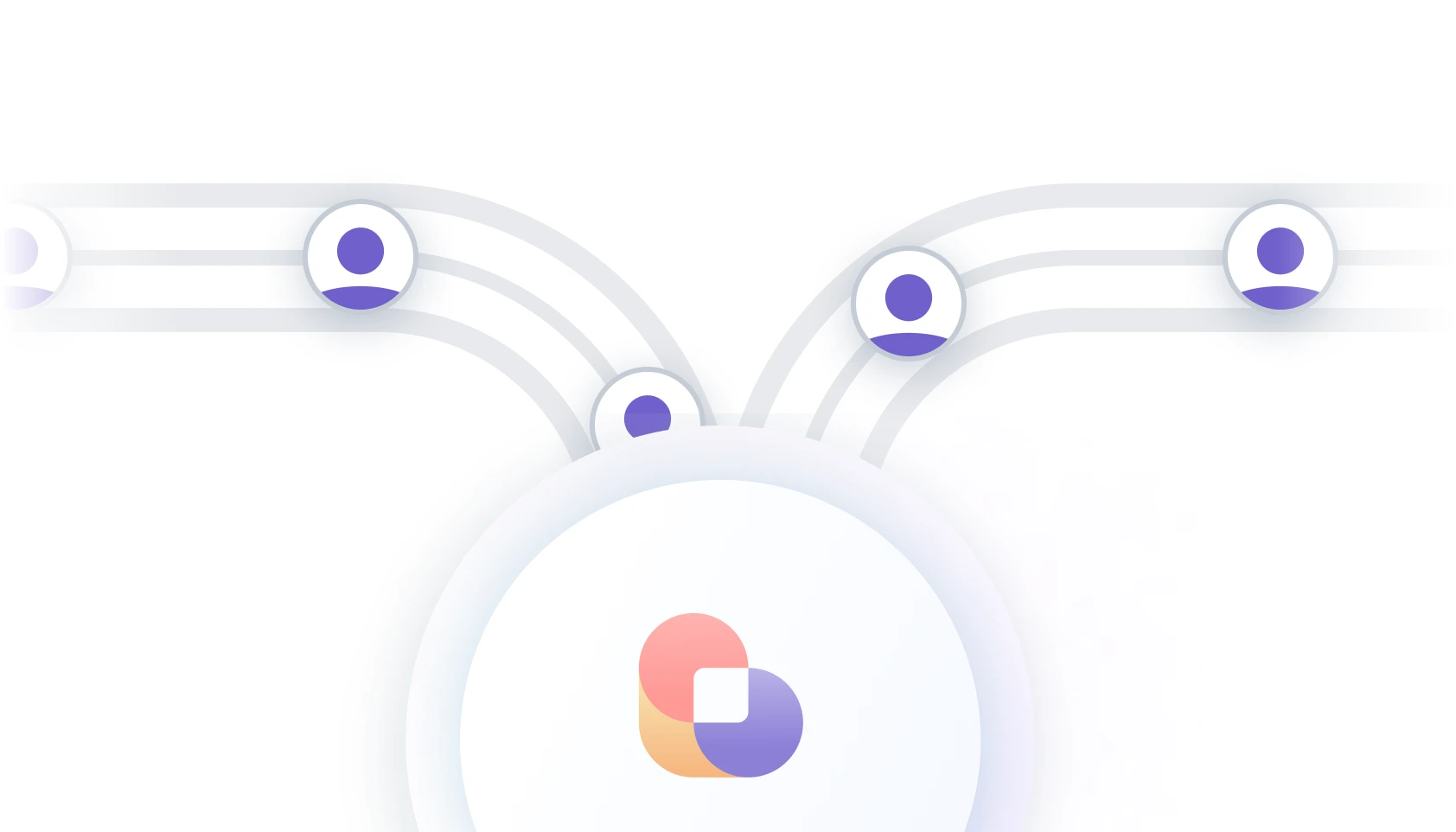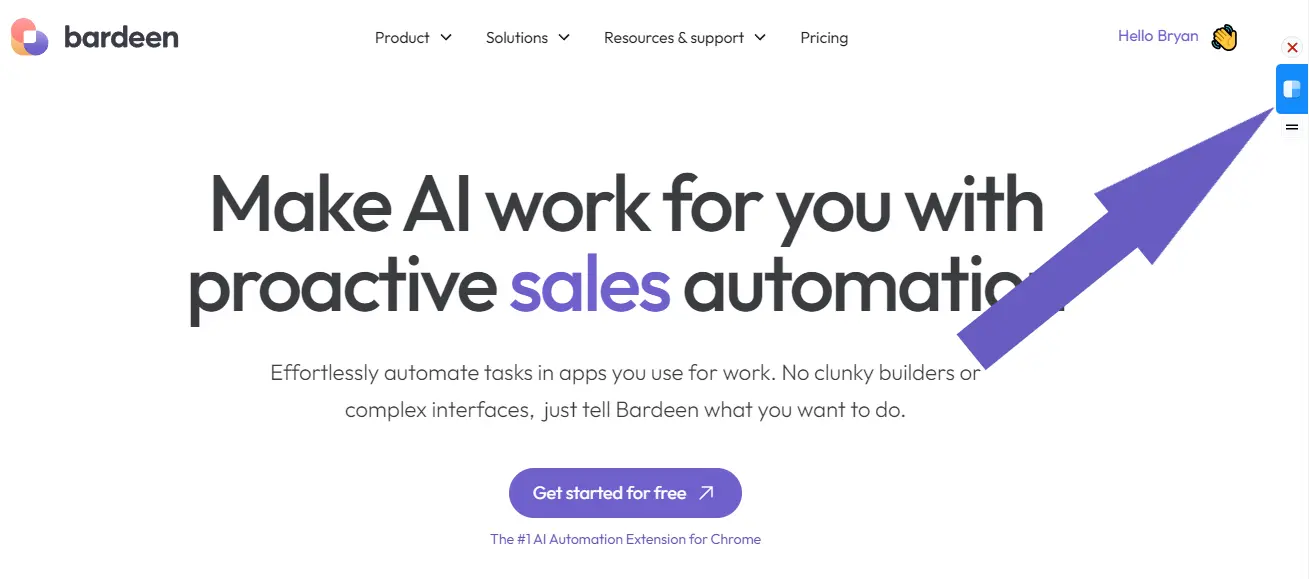In the fast-paced world of B2B sales, automation has become a game-changer for businesses looking to improve efficiency and drive revenue growth. B2B sales automation refers to the use of software and tools to streamline and optimize various aspects of the sales process, from lead generation and nurturing to customer relationship management. This guide will provide a comprehensive overview of B2B sales automation, its benefits, key considerations for implementation, and future trends shaping the industry.
What is B2B Sales Automation?
B2B sales automation is the use of software and tools to streamline and optimize various aspects of the sales process, from lead generation and nurturing to customer relationship management. It involves automating repetitive tasks, integrating systems, and leveraging data to improve efficiency and effectiveness. Learn more about sales prospecting automation to enhance your sales process.
The primary components of sales automation systems include:
- CRM integration: Syncing data between your sales automation tool and customer relationship management system to ensure a single source of truth.
- Email automation: Automating personalized outreach at scale, such as drip campaigns and follow-up sequences.
- Lead scoring: Automatically qualifying and prioritizing leads based on their engagement and likelihood to convert.
By automating these tasks, sales teams can focus on high-value activities like building relationships and closing deals, while ensuring no opportunities slip through the cracks. Tools like sales prospecting tools can help streamline these processes efficiently.
Benefits of Implementing Sales Automation
Sales automation offers numerous advantages that can significantly boost your sales team's efficiency and overall business performance.
- By automating repetitive tasks like data entry, lead qualification, and email follow-ups, your sales reps can focus on high-value activities such as building relationships and closing deals.
- This increased efficiency translates to more productive sales teams and, ultimately, higher conversion rates.
Studies have shown the tangible impact of sales automation:
- According to McKinsey & Company, organizations that leverage customer insights to shape their sales strategies significantly outperform their competitors.
- Businesses that adopt automation in their sales processes can experience up to a 225% increase in lead volume and 10% bump in close rates.
Automation also ensures consistent data across your sales ecosystem, minimizing the risk of human error and enabling more accurate reporting and forecasting.
By streamlining your sales cycle and empowering your reps to prioritize high-quality leads, sales automation paves the way for accelerated growth and improved bottom-line results.
Save time and increase efficiency by using automation tools from Bardeen to handle repetitive tasks and improve your sales process.
Choosing the Right B2B Sales Automation Tools
Selecting the best sales automation tools for your business depends on several key factors, including company size, sales cycle complexity, and integration requirements.
When evaluating potential solutions, consider the following criteria:
- Scalability: Ensure the tool can grow with your business and handle increasing sales volumes without compromising performance.
- Customization: Look for platforms that allow you to tailor workflows, templates, and processes to your unique sales methodology.
- Integration capabilities: Choose tools that seamlessly integrate with your existing tech stack, such as CRM, marketing automation, and analytics software.
Among the leading B2B sales automation tools, Mixmax stands out for its comprehensive feature set and user-friendly interface.
- Mixmax offers email automation, meeting scheduling, and real-time engagement tracking, making it an ideal choice for sales teams focused on email outreach and relationship building.
For businesses with complex sales cycles, AI and automation tools like B2B Rocket provide advanced lead scoring and revenue attribution capabilities, enabling more targeted and data-driven sales efforts.
SalesFlow, on the other hand, excels at streamlining the entire sales process, from lead capture to closing deals, making it a strong contender for teams seeking an all-in-one solution.
Ultimately, the right sales automation tool will depend on your specific business needs and goals.
By carefully evaluating your requirements and comparing the unique strengths of each platform, you can select a solution that empowers your sales team to work more efficiently and effectively.
Integration Challenges and Solutions in Sales Automation
Integrating sales automation systems with existing sales and marketing ecosystems can present several challenges for businesses.
Common integration hurdles include:
- Data consistency and quality issues across systems
- Complex integration processes, especially when dealing with different data structures or APIs
- Aligning workflows and processes between CRM and marketing automation platforms
- User adoption and resistance to change
- Additional costs for licensing, custom development, and ongoing maintenance
- Ensuring data security and compliance with regulations like GDPR and CCPA
- Scalability concerns as data volume and user activity grow
Make your sales prospecting easier with Bardeen's automation playbooks. Turn multiple steps into one click.
To overcome these challenges and automate sales prospecting, consider the following best practices:
- Invest in robust data integration processes to maintain a single source of truth for customer data
- Prioritize data quality by ensuring CRM data is accurate, complete, and current
- Map out customer journeys to identify key touchpoints and automation opportunities
- Foster collaboration and alignment between sales and marketing teams
- Provide adequate training and support to maximize adoption and usage of integrated systems
- Continuously optimize strategies based on data-driven insights and performance metrics
By addressing integration challenges head-on and following best practices, businesses can reap the full benefits of sales automation while providing a seamless customer experience across all touchpoints.
Future Trends in B2B Sales Automation
As technology continues to evolve, B2B sales automation is poised for significant advancements in the coming years. Emerging trends, such as artificial intelligence (AI) and machine learning (ML), are set to revolutionize the way businesses approach sales processes and customer interactions.
AI-powered predictive analytics will enable sales teams to identify high-value leads, anticipate customer needs, and optimize pricing strategies. By analyzing vast amounts of data, AI algorithms can uncover hidden patterns and insights, empowering sales reps to make data-driven decisions and focus their efforts on the most promising opportunities.
Personalized customer interactions will also become increasingly important in the future of B2B sales automation. AI-driven chatbots and virtual assistants will engage with prospects in real-time, providing instant support, answering questions, and guiding them through the sales funnel. These intelligent systems will learn from each interaction, continuously improving their ability to deliver tailored experiences that resonate with individual customers.
Another trend on the horizon is the integration of sales automation with other business systems, such as marketing automation and customer relationship management (CRM) platforms. Seamless integration will enable a holistic view of the customer journey, allowing sales teams to leverage data from multiple touchpoints to create more targeted and effective campaigns.
As remote work becomes more prevalent, cloud-based sales automation solutions will gain even greater traction. These platforms will enable sales reps to access critical data and tools from anywhere, facilitating collaboration and ensuring business continuity in the face of changing work environments.
Looking ahead, the B2B sales landscape is likely to undergo a significant transformation in the next five to ten years. AI and ML will become integral components of sales automation, driving efficiency, accuracy, and personalization to unprecedented levels. Businesses that embrace these trends and invest in robust sales automation systems will be well-positioned to thrive in an increasingly competitive and data-driven marketplace.






